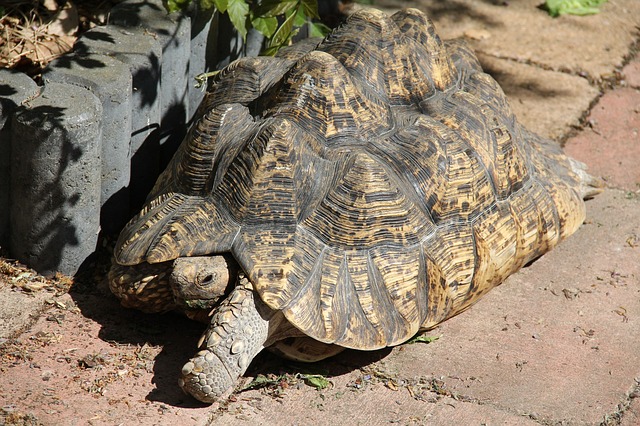How environmental fraud is rising. Olaf report

Le Monde gave an account of the results of the latest Olaf (European Anti-Fraud Office) report on environmental fraud
From trade in protected species to bogus ecological projects, the annual report of the European Anti-Fraud Office provides many examples of the creativity of scammers – writes Le Monde.
We must be prepared for this. The European "green pact" – which should lead the Old Continent to carbon neutrality by 2050 – could be a godsend for scammers of all kinds. At least for those who have specialized in finding loopholes in EU legislation to get rich at the expense of taxpayers.
In order for the European Union (EU) to comply with the Paris Agreement, the Commission expects that 30% of EU spending – this is more than 1 800 billion euros in the period 2021-2027 – will have to be earmarked in one way or another. more to the fight against global warming. It is also working on a carbon management mechanism on the EU's external borders, which would make it possible to tax imports from third countries of products that have been processed in an environmentally unfriendly way.
"Criteria, norms, quotas, subsidies … Europe strives to advance its causes, but generally pays little attention to their implementation," said a senior official. Criminal networks have been able to adapt every time Brussels has invested in new fields – food quality, reduction of pesticide use, industrial modernization, etc. However, preparations for this new type of crime are underway at the European Anti-Fraud Office (OLAF).
"Fraud on the rise"
While Europe has been trying for some years to "green" its spending and tighten the requirements to combat global warming, "we have seen an increase in fraud" related to these issues, explained Ville Itälä, Director General of OLAF , on the occasion of the publication, a few days ago, of the latest annual report of the body responsible for the protection of the EU's financial interests.
The most emblematic example to date remains the "dieselgate", which in 2015 saw Volkswagen use subsidized loans from the European Investment Bank, worth 400 million euros to install fraudulent software on its engines that allowed it to cheat in CO2 emissions tests when this money was supposed to help her research to produce cleaner cars.
485 million euros subject to embezzlement
In 2019, OLAF completed 181 investigations and identified € 485 million that had been stolen from European coffers in one way or another. This does not mean, however, that the funds will be recovered and the scammers will be punished. Because the body does not have the power to impose sanctions. It is up to the Member States to take the necessary measures to eventually initiate legal action and get their hands on the money thus confiscated from the Community budget.
And, from this point of view, it is very difficult, if not impossible, to know the current situation. Not only can cases be complex – with fictitious companies disappearing as quickly as they are created … – but, furthermore, the Twenty-Seven have very different legal systems, not to mention the quality of their administration. “Once the case is forwarded to a Member State, OLAF no longer follows the case and there is no longer an obligation for the Member State in question to keep it informed of the actions taken,” explains a specialist in the field.
In its report, therefore, OLAF confines itself to accounting for the "fraudulent and non-fraudulent irregularities" that it was able to identify by country. One thing is certain, whatever the criteria used, Hungary has the worst performance in the period 2015-2019. For the delegation of the European Parliament of Fidesz, the party of the current government of Viktor Orban, these "irregularities" are attributable to previous governments. The Hungarian Prime Minister has been in office since 2010.
One could be reassured to note, again according to data published by OLAF, that Hungary does not allow these crimes to go unpunished. Indeed, while the 27 Member States, on average, only transmit 39% of cases notified by OLAF to their courts, Budapest does so in 47% of cases. But no one knows what happens after these tests.
(Extract from the foreign press review by Epr Comunicazione)
This is a machine translation from Italian language of a post published on Start Magazine at the URL https://www.startmag.it/senza-categoria/come-lievitano-le-frodi-ambientali-report-olaf/ on Sat, 10 Oct 2020 13:57:00 +0000.
